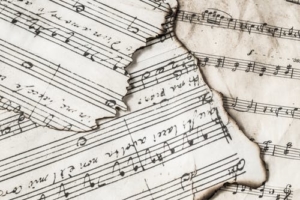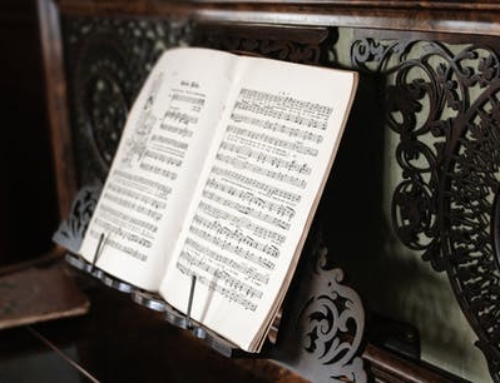
I want to dedicate a section of this blog to some Greats in musical history. Whether you recognise them as Stevie Wonder, Beethoven or Barbara Streisand, there is no denying that Mozart changed the landscape of music as we know it and became one of the first ‘famous’ musicians remembered to this day. Mostly remembered for being a child prodigy, Mozart wrote some breathtakingly beautiful music and even trained up Beethoven! Here is a timeline of Mozart’s life and career:
| January 27, 1756 | Birth of Wolfgang Amadeus Mozart
Mozart was born in Salzburg Austria on January 27, 1756. He was the son of a court musician and reputable violin teacher, Leopold Mozart. |
| 1761 | First Public Performance
At only five years old, Mozart first played publicly. He was already recognized as a child prodigy. |
| 1762 | Munich and Vienna
The following year, Mozart and his sister travel to Munich and Vienna, performing for the court. |
| 1763 | Continued Travel(1763 to 1766)
Leopold Mozart takes his children to a number of European capitals, exposing them to the best music available. Young Wolfgang begins to compose his first pieces. |
| 1768 | First Opera
In Vienna in 1768, Mozart writes his first opera, “La Finte Simplice”. |
| 1777 | Travels and Composes(1777 to 1781)
For several years as a young man, Mozart travelled throughout Europe composing. |
| 1782 | Vienna
By 1782, Mozart had settled in Vienna, producing a number of operas and other compositions during this period. He also fell in love and married Constanze Weber at this time. He remained in Vienna for a number of years. |
| 1786 | Prague(1786 to 1787)
Between 1786 and 1787, Mozart and his wife twice travelled to Prague for the premieres of two of Mozart’s operas, first “The Marriage of Figaro” and later “Don Giovanni.” |
| 1787 | Beethoven Arrived
In 1787, Beethoven arrived in Vienna to study with Mozart. |
| 1788 | Popularity Decreased(1788 to 1789)
Mozart’s compositions began to sell more poorly around 1788. He continued to play, but concerts were less well attended. |
| 1789 | “Cosi fan Tutte” Premiered(1789 to 1790)
Between 1789 and 1790, Mozart composed “Cosi fan Tutte,” and may have composed a piece for the coronation of Joseph II. |
| 1791 | The Magic Flute and the Requiem
After a period of financial struggle, Mozart found renewed success, first with “The Magic Flute.” He began work on the Requiem, but did not complete it; the completed portions were performed only once, on November 20. |
| December 5, 1791 | Mozart Died
On December 5, 1791, while still in his thirties, Wolfgang Amadeus Mozart died not long after the composition and success of “The Magic Flute.” His cause of death is recorded as fever. |
source:http://www.softschools.com/timelines/wolfgang_amadeus_mozart_timeline/460/
Key Lessons claims none of the credit for the above information and credits the source entirely.



